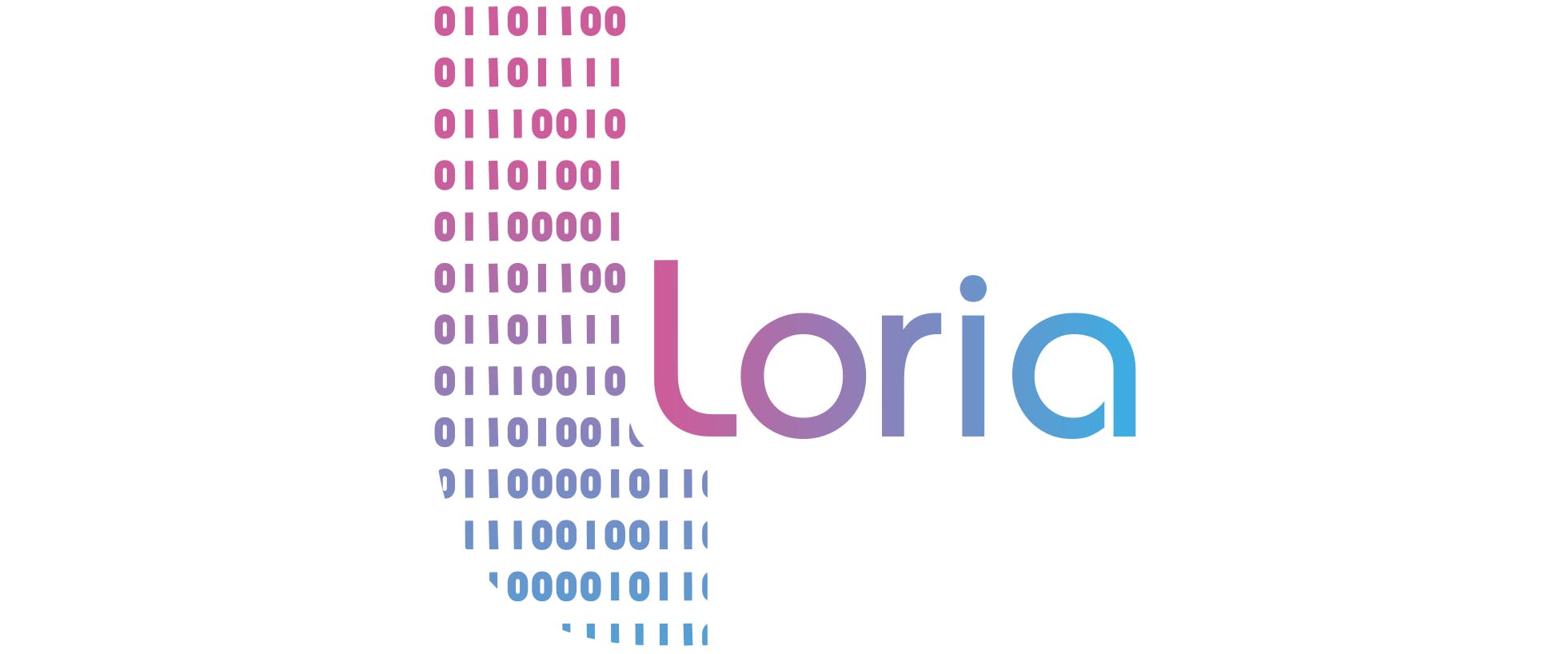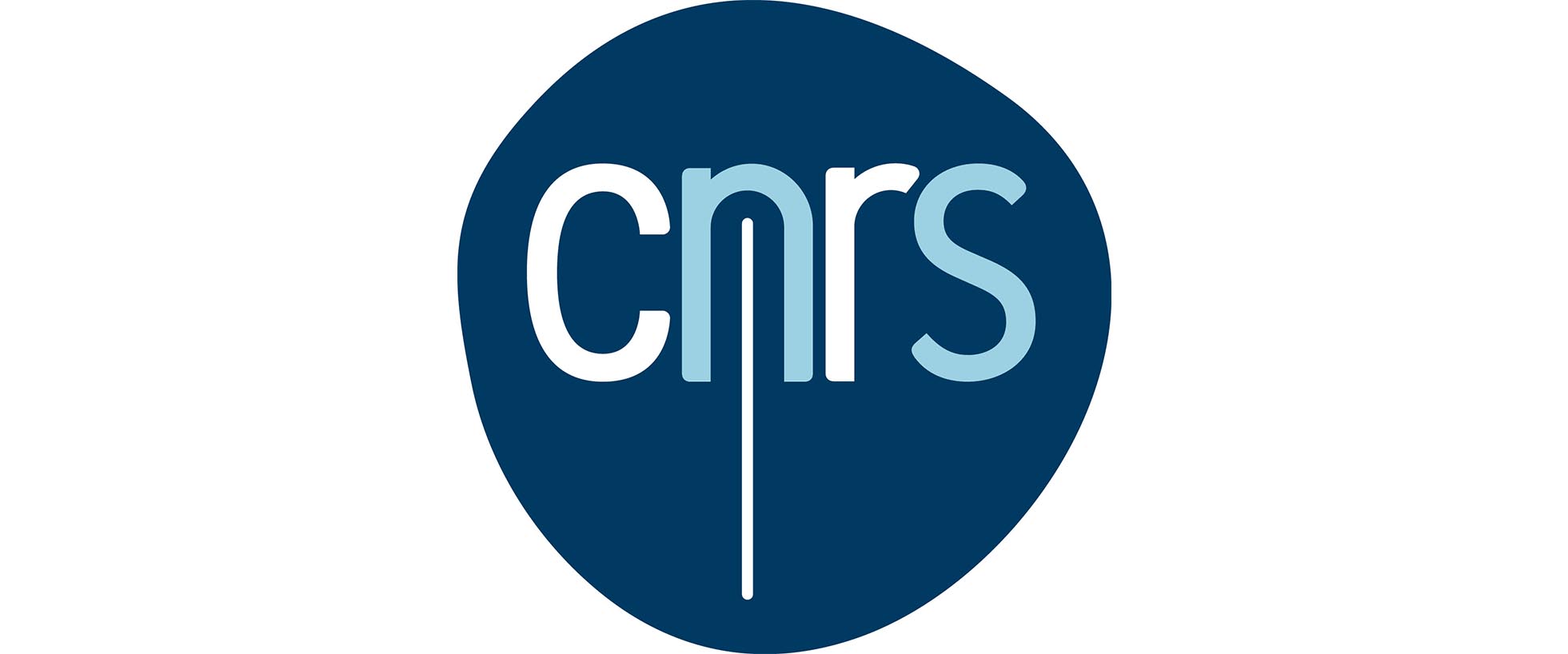The PhD defence in France for committee members and PhD thesis reviewers
Before the defence
Each PhD committee member receives the PhD thesis manuscript (after being revised and improved according to the reviewer’s comments) in advance of the defence. They also receive the reviewers’ reports on the thesis manuscript (these are sent by the doctoral school).
Very minor modifications (typos, updated references, small technical fixes, etc.) are often requested by an unofficial side channel (e.g. by email sent directly to the PhD candidate, or their advisor).
The presentation (public)
In France, the defence is more of a ceremony than a formal examination. The hard work of assessing the quality of the thesis has already been done by the reviewers. The ceremony is rather friendly.
The president of the committee is chosen among the senior examiners (associate, full professors or equivalent senior faculty positions; they cannot be an advisor, nor a co-author or one of the thesis reviewers).
The PhD defence starts with a talk of 45 to 50 min by the PhD candidate presenting the context, the problems, and some of the major contributions of the thesis. It will be in English.
Questions & answers (public)
The committee members have an active role during the Q&A session. The reviewers go first, then the examiners, and then the advisors at the end. There is one round of questions, each member of the jury can ask as many questions as they wish, and also make comments. Some criticism is OK, but it should be formulated in a gentle and constructive manner.
Committee members can ask questions on the PhD candidate’s work (presentation + manuscript), insights, and perspectives. The aim is to check that the candidate has a thorough understanding of his work, and the ability to step back with a broader and deeper point of view.
The reviewers in particular are expected to ask scientific, precise and technical questions on the presentation and on the thesis manuscript. Even if a chapter of the document has not been presented, it is OK to ask questions about it.
A reviewer does not necessarily have to ask questions on each part of the thesis: they may focus on the parts where they feel more confident. Any scientific question is allowed, however the aim is not to deliberately dig the candidate into difficulties: if the candidate does not have any answer or pauses without knowing what to say, the convention is to move on to another question. This is not a course examination.
If an examiner notices differences between the manuscript and the presentation (the slides), it is fine to ask why, and ask for clarifications and details.
Committee deliberation (private to the jury) and PhD defence report writing
The jury then withdraw to deliberate and to write the official report on the defence. This part is expected to take 30 min to maximum 1 hour.
The president coordinates the discussion among the committee members and writes the report. The advisors are not allowed to interfere in the deliberation.
The written report on the PhD defence is an official document that will be included in any application to an academic faculty position (in France). As such, in France the report is highly codified. The report should include mentions of achievements specific to the thesis and the PhD candidate.
The report is on the defence, (the presentation and Q&A session), not on the manuscript: the manuscript has already been assessed by the reviewers.
Each member of the committee must sign documents saying that they were present, and that they agree to the report and the decision on the thesis.
There is a mention about whether the thesis manuscript can be published
- as it is;
- with minor modifications;
- with major modifications.
Actually the reviewers of the document have a say on this matter.
Note that with major modifications is a negative signal: the important modifications should have been required in advance by the reviewers and written document fixed accordingly before the defence. With this mention, the reviewers will have to review the revised version again…



